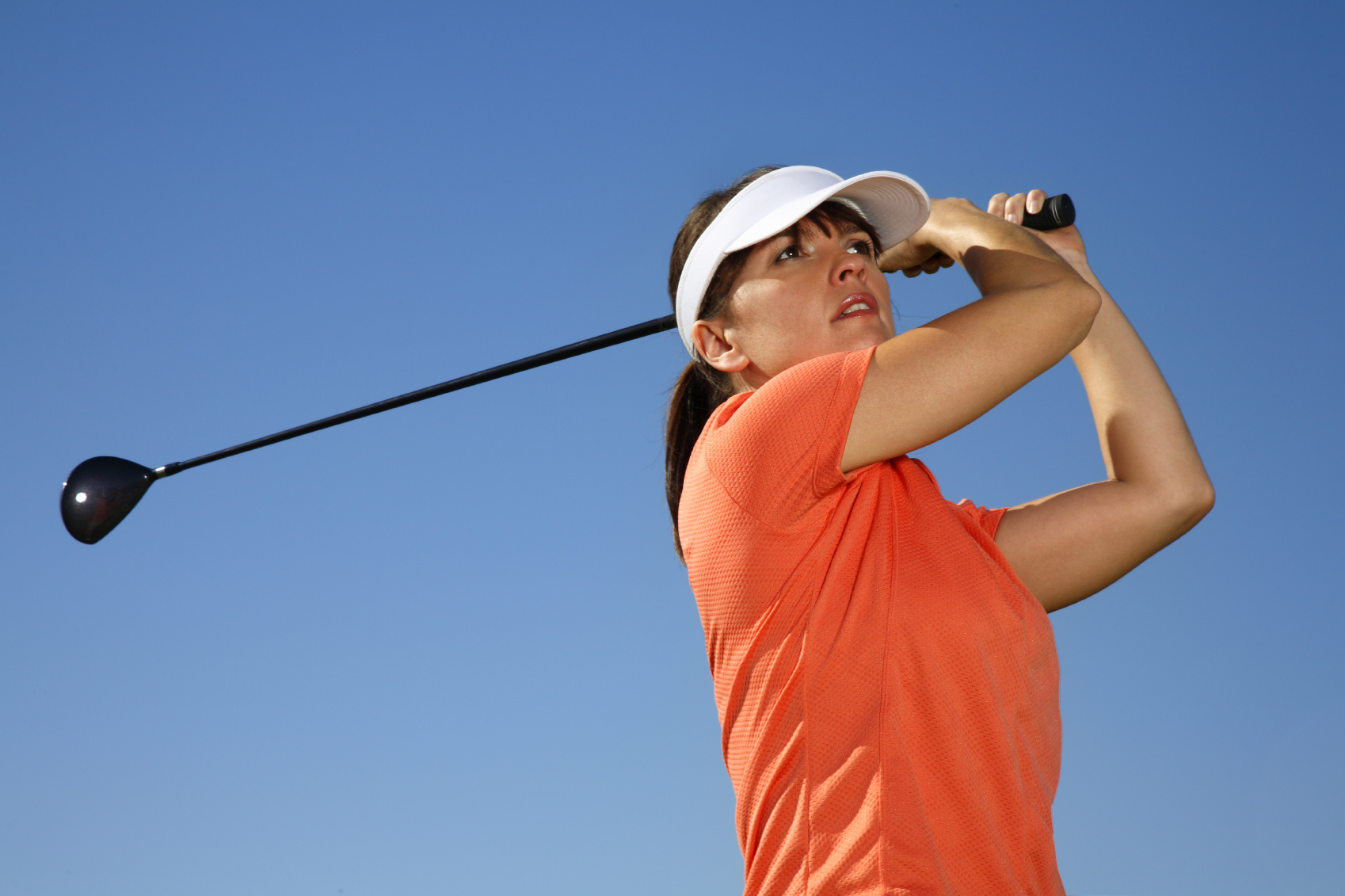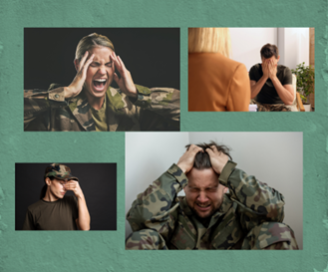Hypnotherapy Enhances Sports Performance
Hypnotherapy Enhances Sports Performance
 Visualization through hypnosis, as taught by The Wellness Institute, can improve an athlete’s mental attitude, increase confidence and improve performance, sometimes even more than actual physical practice. One study shows that Olympic swimmers and downhill skiers who spend equal time in physical training as well as mental rehearsal, achieved better performance results then their competitors who only practiced physically. Another study amazingly showed that basketball players using only visualization had the same rate of improvement as those who only practiced physically!
Visualization through hypnosis, as taught by The Wellness Institute, can improve an athlete’s mental attitude, increase confidence and improve performance, sometimes even more than actual physical practice. One study shows that Olympic swimmers and downhill skiers who spend equal time in physical training as well as mental rehearsal, achieved better performance results then their competitors who only practiced physically. Another study amazingly showed that basketball players using only visualization had the same rate of improvement as those who only practiced physically!
The same mental imagery techniques have been shown to be highly effective in refining other skills as well as sports performance. For example, basic surgical skills were refined better with mental imagery than with textbook study only in a Texas A & M College of Medicine study.
What is Sports Visualization and Mental Rehearsal?
It involves recreating our best sports performance in our minds, engaging all of our senses but without conscious thoughts and without making any physical movements. All of our senses are located in the subconscious mind and that’s why hypnotherapy is so effective, in fact essential, in enhancing sports performance. Mental rehearsal involves making complete use of our senses. It must include hearing the familiar sounds such as the crowds cheering us on, the familiar sights connected with our sport, and most importantly, the sensations and feelings we have when we are “in the zone.” Many athletes describe the experience of “being in the zone” as a feeling of oneness.
An example is a golfer where the golf club becomes an extension of their arm and connects with the ball in unity with the perfect swing. That feeling of connection with the ball then may move into the golfer feeling himself standing there and watching the ball land in the perfect spot. Re-experiencing the emotions of joy, fulfillment and excitement are all an essential part of the sports visualization experience. Olympic skiers visualize soaring down the slopes, feeling completely connected with nature and the mountains, with the sound and feel of their skis moving through the snow and the experience of soaring with the flow of the course. They may also feel the wind or cold air on their face as they fly down the slopes. All of these sensual experiences are vital components of sports visualization and enhancement.
Along with mental rehearsal, there are several ingredients that contribute to an athlete’s performance which can all be addressed by Heart-Centered Hypnotherapy.
The Three C's of Enhanced Sports Performance
-
CAPABILITY – Any repetitive skill can be greatly enhanced by visualization and mental rehearsal. The most important aspect is to have a clear picture of what you want to accomplish and then rehearsing this for 10 minutes at a time. Also, just before dropping off to sleep is an excellent time to do your final daily “visualization practice.” When a task is new, run your simulations slowly so you can focus on the details. If you're an expert, quicker is better.
-
CONCENTRATION – The experience of being in the zone is something that is required by every successful athlete. In the heat of competition, it is required that an athlete block out everything and stay completely focused on the physical execution of the sport. This is truly the gift of hypnotherapy which opens the doorway through the subconscious mind to effectively master the practice of mental rehearsal. It is essential to block out the conscious mind’s thoughts, distractions and fears and drop deeper into our senses.
-
CONFIDENCE – Confidence is one of the biggest stumbling blocks for many athletes. The athlete may be excellent at the physical execution of their sport, but if they lack confidence, those negative self-beliefs can totally undermine their physical ability. Through Heart-Centered Hypnotherapy we can quickly discover what their negative self-talk is and go back to the source of this and change it. An example may be a person who keeps sabotaging their own success, even though they are physically talented in their sport.
One example was a young man who had the belief that he could never be number one! He always came in 2nd or 3rd rather than 1st! In hypnotherapy he was able to revisit his childhood where, in his family, he had a developmentally disabled sister. The family did not want her to feel badly about herself, so they kept boosting her up and asked the boy to hold himself back so as not to make her jealous. He grew up learning to hold himself back and subconsciously continued to do that in school and athletics. This led to always coming in second or third and never understanding why he wasn’t first. Once he worked this through in Heart-Centered Hypnotherapy, he allowed himself to soar to number one!
Because Heart-Centered Hypnotherapy teaches individuals to visualize as well as to resolve unconscious and self-limiting beliefs about ourselves, it is truly a dynamic model for sports enhancement and mental rehearsal.
Citations
Bauman, James. (May/Jun 2000). The Gold Medal Mind. Psychology Today, Vol. 33 Issue 3, p. 62.
Moran, Aidan; Guillot, Aymeric; MacIntyre, Tadhg; Collet, Christian. (May 2012). Re-imagining motor imagery: Building bridges between cognitive neuroscience and sport psychology. British Journal of Psychology, Vol. 103, Issue 2, 224-247.
Suinn, R. M. (1997). Mental practice in sport psychology: Where have we been, where do we go? Clinical Psychology: Science & Practice, 3, 189–207.
Sanders, Charles W.; Sadoski, Mark; van Walsum, Kim; Bramson, Rachel; Wiprud, Robert; Fossum, Theresa W. (Jun 2008). Medical Education., Vol. 42 Issue 6, 607-612.








